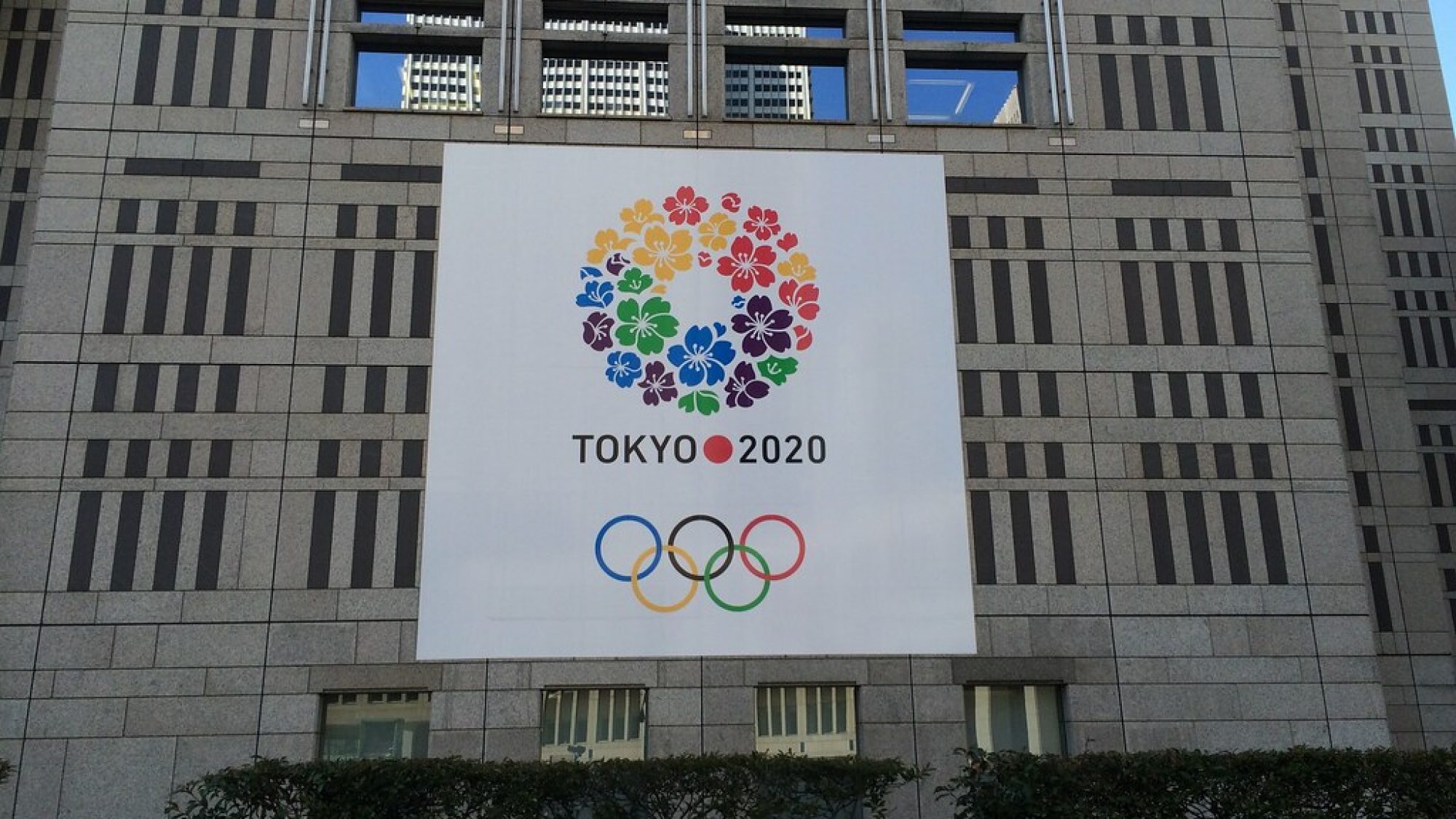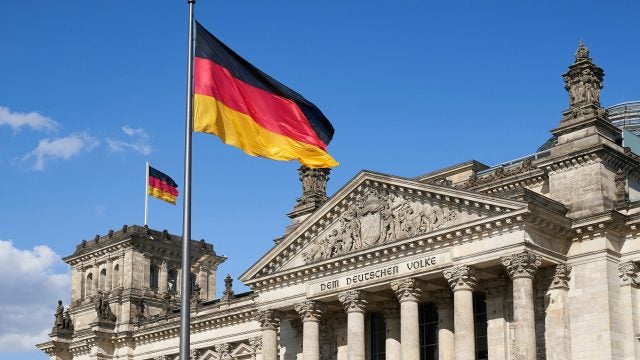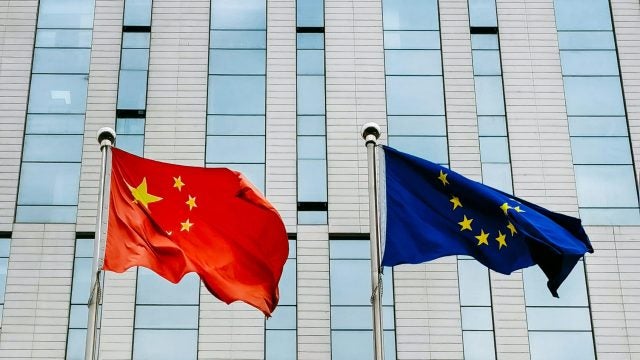
Title: Why Cities No Longer Clamor to Host the Olympic Games
Hosting the Olympic Games has become an exceedingly expensive affair only made worse by the COVID-19 pandemic. The International Olympic Committee will need to continue to make significant economic changes to the Games if it is to find willing hosts for the world’s premier sporting event.
On September 13, 2017, the International Olympic Committee (IOC) did the unthinkable. It awarded the 2028 Summer Games to Los Angeles without even making a call for other bidders, effectively conceding the point that finding willing and capable Olympics hosts has become exceedingly difficult. The competition among cities for the honor of hosting the world’s premier sporting event used to be as vigorous as the competition among the athletes themselves. No fewer than eleven cities submitted initial applications to host the 2004 Summer Olympics followed by ten bids for 2008 and another nine for 2012. But that has all changed in recent years.
In the bidding to host the 2022 Winter Olympics, at least five potential host cities, all Western democracies, withdrew from the bidding process after voter referendums or public polling indicated a lack of local support, leaving only the notably non-democratic cities of Beijing, China and Almaty, Kazakhstan in the running. Similarly, in the process to select the 2024 Summer Olympics host, numerous potential cities including Boston, Budapest, Hamburg, and Rome, withdrew their applications leaving only Paris and Los Angeles in the final pool. Faced with the prospect of potentially having no qualified applicants for the 2028 Summer Games, the IOC awarded Paris the 2024 event and simultaneously awarded the 2028 Games to Los Angeles. So, what has caused this massive change in the Olympic landscape? The answer is spiraling costs and a growing realization of the financial risks that the Olympics place on host cities, a reality that has only been further exposed by the global COVID-19 pandemic.
The modern Olympics has become an exceptionally expensive affair. Each of the past five Summer Olympics and both of the most recent Winter Games have resulted in total costs for the host cities of over $10 billion with the 2008 Beijing Summer Games exceeding $45 billion in total costs and the 2014 Sochi Winter Olympics topping $50 billion. Even the explosion of international sponsorship deals and global media rights has not been able to keep up with the skyrocketing costs of the event. For example, the 2016 Summer Games in Rio, which cost the governments and organizers in Brazil at least $13 billion, generated at most $9 billion in revenue, much of which was kept by the IOC and was therefore unable to be used to defray the expenses associated with hosting. Most empirical studies of past Olympic Games have shown only modest, if any, increases in economic activity due to increased tourism during the event that could be used to economically justify the cost of the Olympics. The decrease in normal tourists, resulting from those seeking to stay away from Olympic congestion, high prices, and security issues, may neutralize any increase from Olympic tourism. Indeed, net tourism has fallen during several recent Olympic Games, such as London in 2012 by five percent or Beijing in 2008 by over twenty percent.
Long-term legacy impacts are even harder to find in most former host cities, and those few studies that purport to uncover significant macroeconomic benefits from hosting fall apart once host cities are compared to otherwise similar countries that didn’t host the event. To be sure, the best way to build tourism is word of mouth and that can disappear for host cities. For instance, visitors to London in 2012 may have returned home to tell their friends, neighbors, and relatives about the 100-meter dash they witnessed but have nothing to say about London’s enduring tourist attractions such as Piccadilly Circus or the British Museum. And beware, being on the world stage can bring bad as well as good publicity to a city––think images of traffic jams, steaming hot weather, or political incidents.
There are numerous reasons why the Olympics have become such an expensive affair. From somewhat modest beginnings 125 years ago, the Summer Olympics have grown to encompass nearly 12,000 athletes from over 200 countries competing in over 300 events. The Winter Olympics are comprised of nearly 3,000 competitors from 92 countries taking part in over 100 events. The sheer size of these events contributes to a high price tag and almost ensures that no single city will have the venues already in place required to host the Games. Additionally, many sports require specialized infrastructure that will both need to be constructed specifically for the Olympics and also have limited use following the Games. Indeed, the problem of “white elephants,” i.e., underused and abandoned venues post-Olympics, has plagued recent hosts. Host cities for the Summer Games must have 40 sporting venues, an Olympic Village to house 16,000 athletes, coaches, and trainers, a massive international media center as well as a media village, and transportation and parking to facilitate movement among these venues. Ceremonial space and parkland are also needed, requiring thousands of dedicated acres of scarce urban real estate to host the Games. To make room for all this, invariably people have to be pushed aside, displacing thousands, or in Beijing’s case over a million, local residents from their homes.
It is also an unfortunate reality that the Olympics represent a prime target for terrorist activities, twice suffering from fatal attacks. Security costs for the Summer Olympics have risen 6 fold since the 1990s and now generally exceed $1.5 billion, adding to the already high costs of hosting.
The Olympics have also suffered from a systemic inability of the organizers to properly control costs and to estimate expenditures. Oxford researchers Bent Flyvbjerg, Allison Stewart, and Alexander Budzier have reported that between 1960 and 2016, the average Olympic Games went 156 percent over budget. The Tokyo 2020/21 Games illustrate well the phenomenon of cost overruns. Tokyo was awarded the hosting rights in 2013 with a bid of $7.3 billion. Yet a government audit has shown the total cost to approach $30 billion. The IOC will contribute just $800 million of international television money and $500 million of international sponsorship revenue, for a total of $1.3 billion, to help defray these costs.
It is tempting to simply blame Tokyo’s woes on the bad luck of the Games being saddled with the global COVID-19 pandemic. While it is true that the one-year postponement and public health measures have added roughly $3 billion of extra expenses, and on the revenue side, no foreign tourists will be allowed to attend the Games, any boost to hotel stays and restaurant meals is gone, and ticket sales will fall well short of the $900 million initial projection. Furthermore, severely curtailed in-person audiences are likely to reduce domestic sponsorship revenues and may even contribute to lower international television ratings. But these negative impacts to the bottom line are only a fraction of a troubling deficit in the tens of billions of dollars, losses that were inevitable even before COVID-19 decimated spectator sports across the globe, reflecting a systemic problem with the economic model of the Olympics.
Another significant factor driving cost escalation has been the bidding process itself which pits cities against one another. A winning bid not only needs to show how the host will successfully manage the competition, a massive undertaking in and of itself, but also how it will generate more amenities, more prestige, and more revenue to the IOC than any other competing bid, leading to an arms race where proposals are increasingly lavish and increasingly expensive. The bidding process grew sufficiently notorious that the IOC’s 2019 reform seeks to jettison overt bidding and invoke, in its stead, behind-the-scenes discussions with prospective hosts. It is too early to tell whether this latest reform will lower hosting costs significantly.
In many ways, the current situation echoes the crisis faced by the IOC forty-three years ago. In the wake of several Olympic disasters including the terrorist attacks at Munich Olympics in 1972, a financial debacle that included a major boycott by African nations in Montreal in 1976, and a rejection by Colorado voters of the proposed Winter Olympics in Denver in the same year, the IOC was left with only a single bidder for the 1984 Summer Olympics. As the only viable candidate, Los Angeles was able to dictate the terms of the contract to the IOC rather than the other way around, and the event earned the organizers substantial profit with little public sector funding required. The use of aging but still fully usable existing facilities kept costs low with the final bill for the entire event, even after adjusting for inflation, coming in under the $1.4 billion price tag for just Tokyo’s new National Stadium built for the 2020/21 Summer Games. Unfortunately for future taxpayers, multiple bidders and extravagant bids soon became the norm once again.
The cycle of strong competitive bidding, followed by astronomical hosting costs, then by reduced demand for hosting and greater leverage for the prospective hosts, seems to be repeating itself. The IOC will have to accommodate the waning demand from prospective host cities if it wants to preserve the spectacle of the modern Games. The IOC realizes that its market leverage has evaporated and, accordingly, has heralded reform movements proclaiming a new commitment to financial viability and environmental sustainability. In December 2014, the ICO introduced its reform dubbed “Agenda 2020’, followed two years later with the “New Norm” and, then, in 2019 with a new model that suppresses open bidding and seeks to avoid the embarrassment of having too few or no bidders. While these reforms offer the prospect of knocking one or two billion dollars off the hosting burden, recent hosts frequently have lost in excess of $10 billion.
Much more needs to be done to right the Olympic ship, and ultimately, the answer may simply lie in designating one or a small handful of permanent host cities. There is little rational reason to rebuild the Olympic Shangri-la every four years in a new city.
. . .
Victor Matheson is a professor of economics at the College of the Holy Cross. His research and teaching focuses on the economic impact of major sporting events on local economies. He has published over 100 journal articles or book chapters and is co-author of The Economics of Sports, 6th ed., a leading textbook in the field.
Andrew Zimbalist is the Robert A. Woods Professor of Economics at Smith College. Also specialist in sports economics, he is the author 28 books including Circus Maximus: The Economic Gamble Behind Hosting the Olympics and the World Cup (2015), No Boston Olympics: How and Why Smart Cities Are Passing on the Torch (2017 with Chris Dempsey), and Rio 2016: Olympic Myths, Hard Realities (2017).
Image Credit: Magerleagues via Flickr, Creative Commons License
Recommended Articles

This article contends that South Africa’s 2025 G20 presidency presents a critical opening to shape governance of critical mineral supply chains, essential for renewable energy, digital economies, and national…

Germany’s economy is being throttled by a more competitive China that has usurped its previous manufacturing dominance in many industries. In response, Germany has doubled down on the China bet…

In 2021, the European Union (EU) attempted to assert itself in the Indo-Pacific arena to increase its geopolitical relevance by releasing an ambitious and multifaceted Indo-Pacific Strategy. However, findings from…